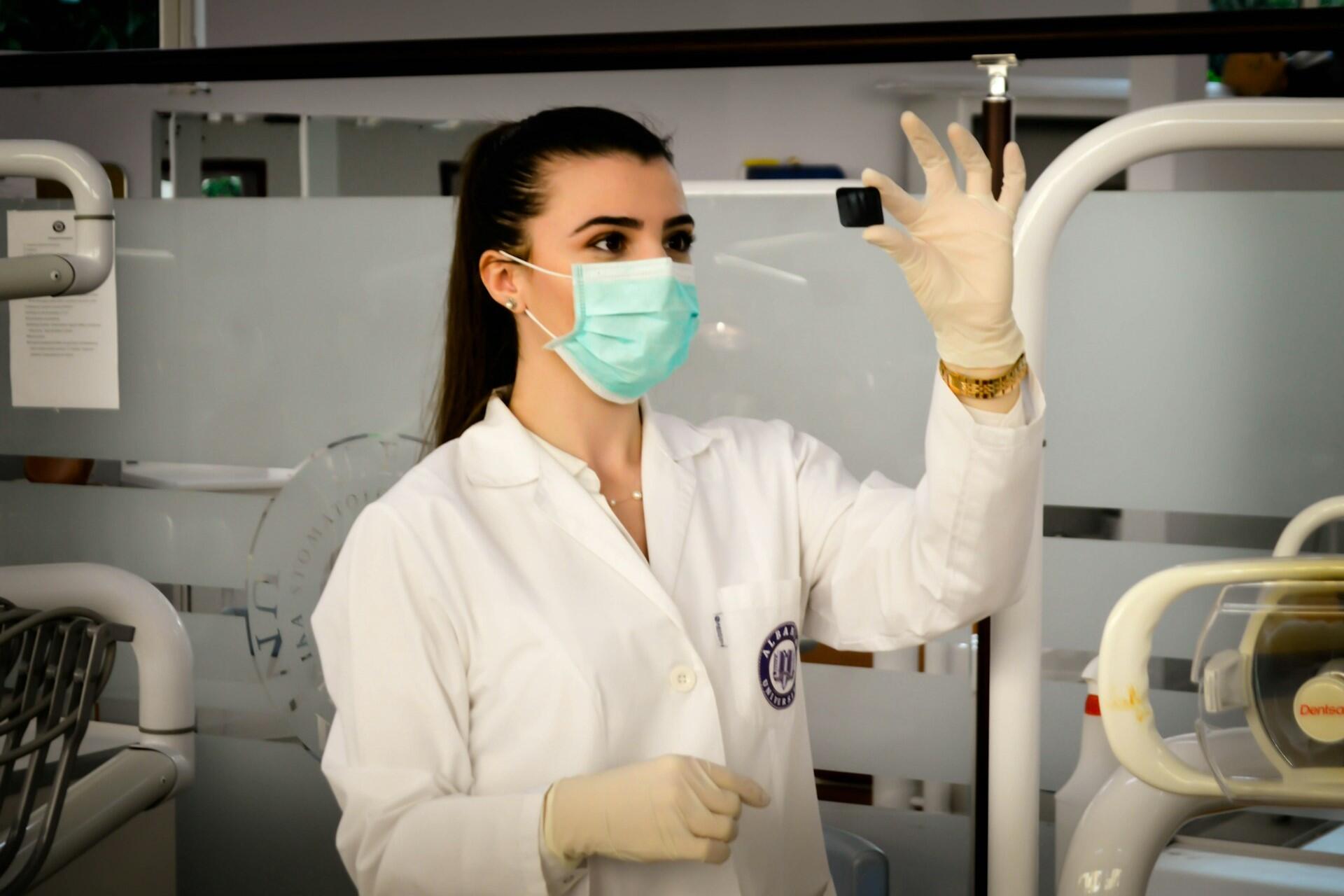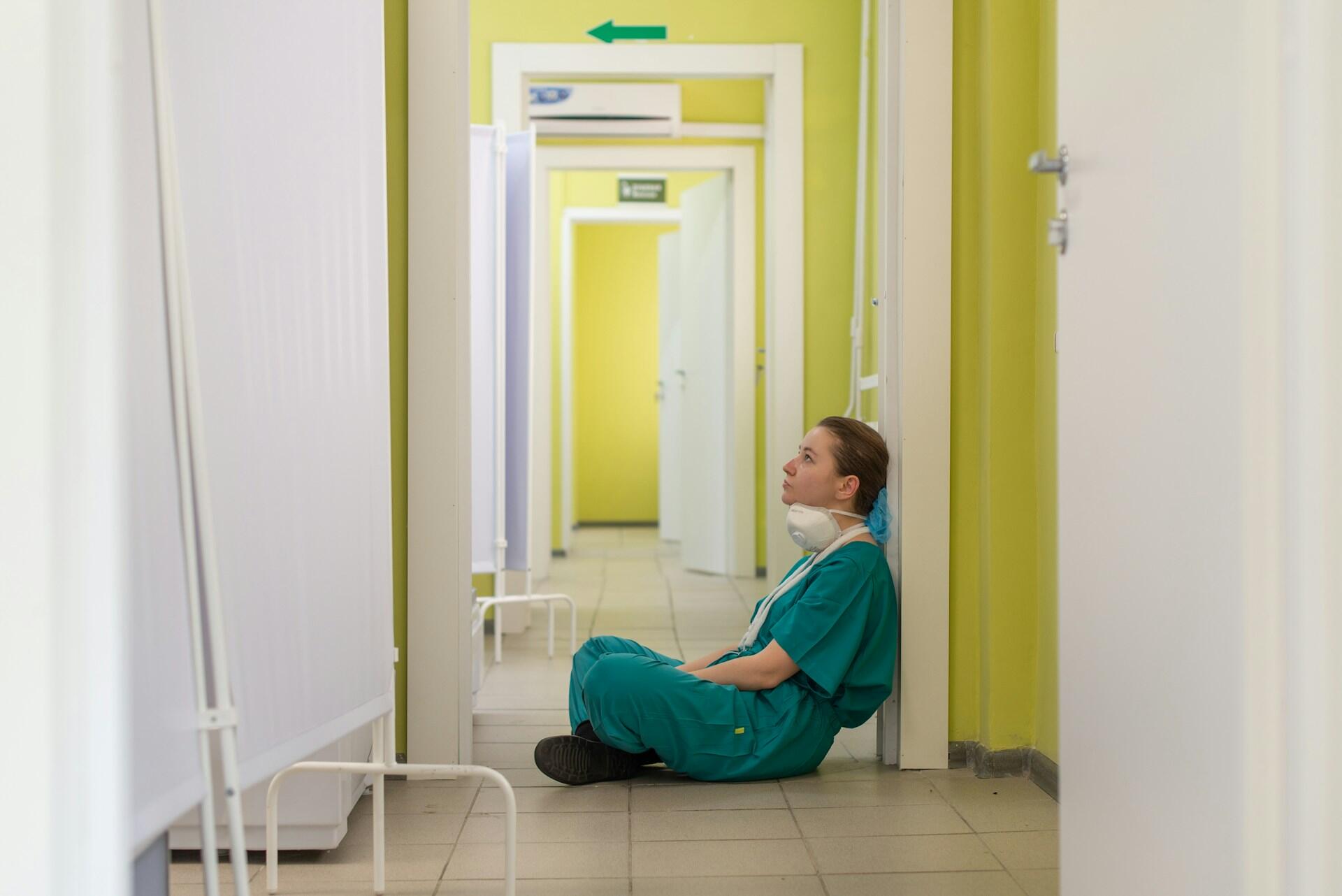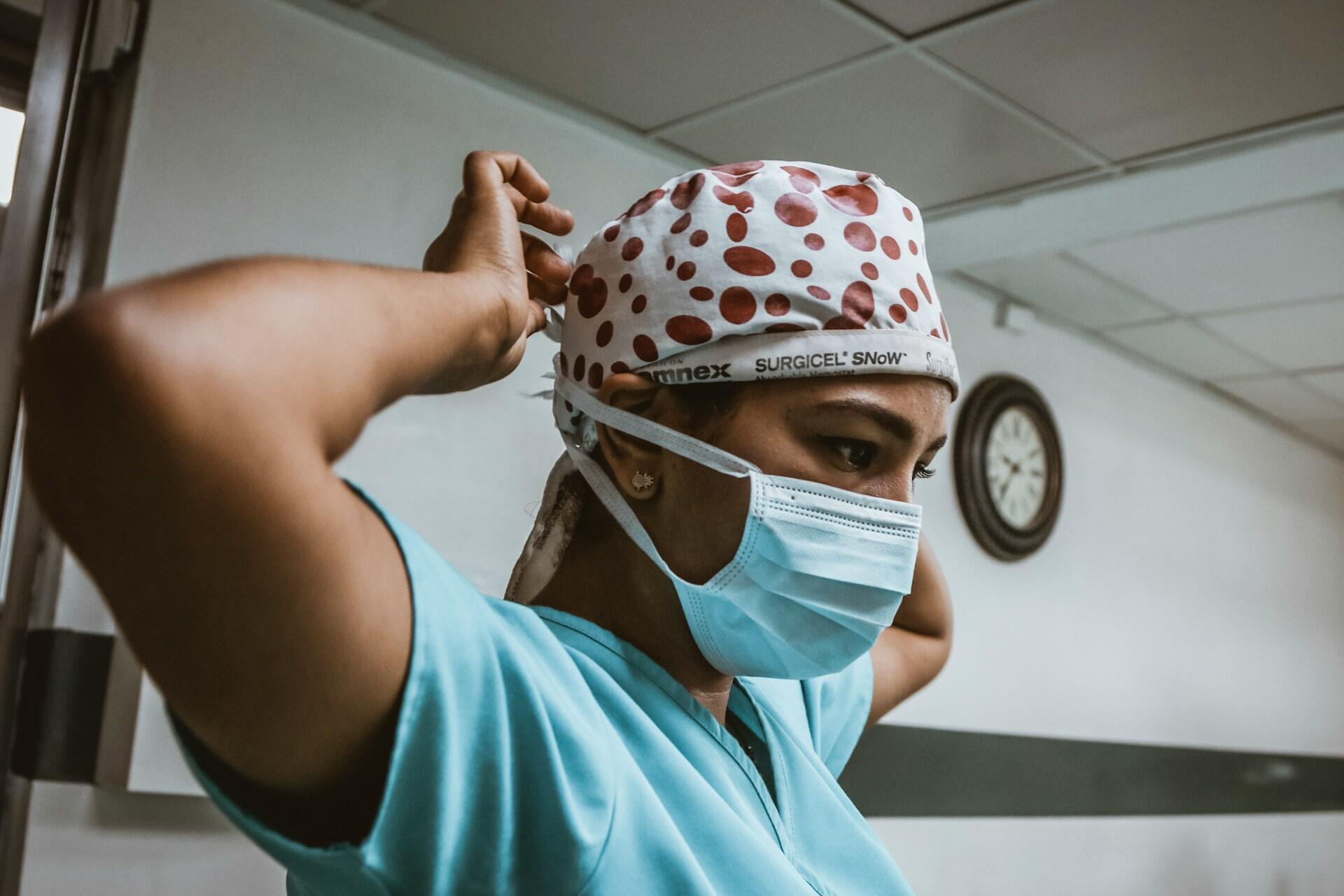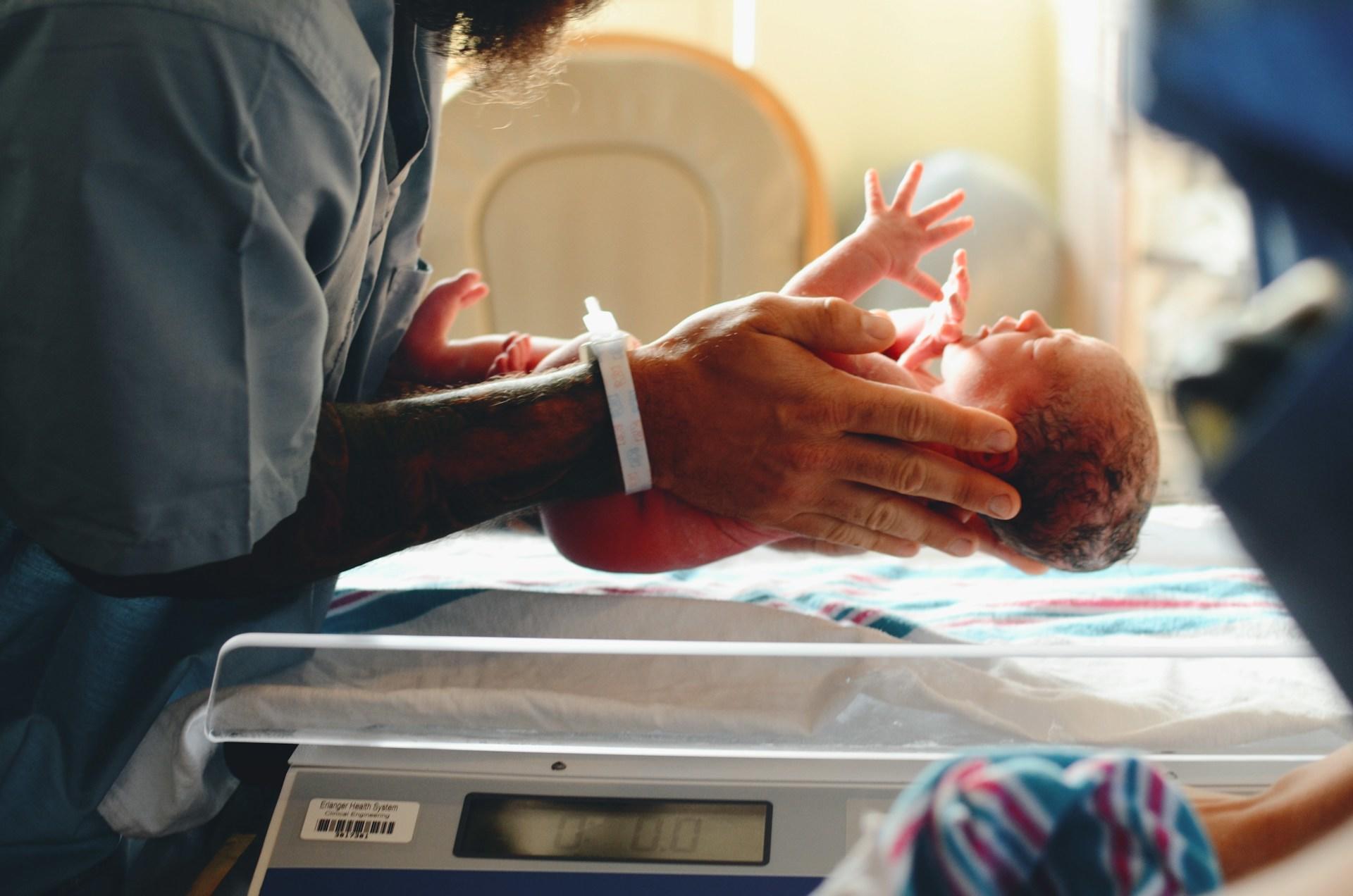Nursing is a key part of healthcare. Professionals work everywhere, from hospital wards to research labs and university classrooms. Here, we'll explore the various nursing roles, their responsibilities, the requirements to become one, and where they work.
| Role | Primary Focus | Minimum Education | Licensure | Preferred Certifications | Typical Work Settings |
|---|---|---|---|---|---|
| Registered Nurse (RN) | Bedside care, care coordination, patient/family education | ADN or BSN | NCLEX-RN; state RN license | — | Hospitals, clinics, long-term care, schools, community health |
| Clinical Research Nurse (CRN) | Clinical trials: recruitment, consent, protocol adherence, safety/data quality | ADN/BSN (RN) | RN license | RNCB-CRN (recommended) | Academic centers, pharma/CROs, research hospitals |
| Nurse Educator | Teaching, curriculum, simulation, assessment, mentoring | MSN (minimum) or doctoral degree | RN license | CNE (NLN) | Universities, nursing schools, teaching hospitals |
| Public Health Nurse (PHN) | Population health, prevention, screening, outreach, emergency response | BSN | RN license | CPH, APHN-BC (optional) | Health departments, schools, community clinics, NGOs |
| Nurse Practitioner (NP) | Diagnosis/treatment, prescribing, primary/specialty care | MSN or DNP | RN license; national NP certification | AANP/ANCC (by specialty) | Hospitals, private practices, community clinics, telehealth |
| Certified Registered Nurse Anesthetist (CRNA) | Anesthesia delivery and perioperative pain management | DNP/DNAP (post-BSN) | RN license; NBCRNA certification | — | Hospitals, surgical centers, military/VA, rural facilities |
| Cardiac Nurse | Acute/chronic cardiac care, telemetry, procedures, rehab education | ADN/BSN (RN) | RN license | CV-BC (ANCC), CCRN (AACN) | Cardiac units, ICUs, cath labs, cardiac rehab, clinics |
| Labor & Delivery Nurse (L&D) | Intrapartum/postpartum care, newborn stabilization, parent education | ADN/BSN (RN) | RN license | RNC-OB (NCC), C-EFM (optional) | Maternity wards, birthing centers, women’s health units |
| Surgical/Perioperative Nurse | Pre-, intra-, post-op care; scrub/circulator roles; PACU recovery | ADN/BSN (RN) | RN license | CNOR (CCI), RNFA (advanced) | Operating rooms, outpatient surgical centers, PACUs |

General Nursing Roles
Nursing is a diverse and essential healthcare profession. With roles spanning from bedside care to leadership, research, and education, nurses are integral to the healthcare system. General nursing roles are the backbone of the profession, where nurses interact with patients daily, coordinate treatment plans, and ensure that everything runs smoothly in hospital, clinic, and community health settings. Specialist nurses, on the other hand, support doctors in surgery, monitor patients in recovery, or teach future nurses in classrooms.
Registered Nurse (RN)
Registered Nurses (RNs) are the most commonly seen type of nurse. These are the nurses who provide direct patient care, coordinate treatment plans, and advocate for their patients' well-being. They serve as the link between patients, their families, and medical teams. They're present for every stage of care from diagnosis to recovery, ensuring everything's handled with skill and compassion.
Registered Nurse (RN)
- Requires ADN or BSN degree
- Passes the NCLEX-RN for state licensure
- Provides direct bedside care
- Administers medication and monitors patients
- Works in hospitals, clinics, and community health centers
- Median salary: $93,600
Nurse Practitioner (NP)
- Requires MSN or DNP degree
- Holds national certification (AANP or ANCC)
- Diagnoses and treats patients independently
- Can prescribe medications and manage chronic conditions
- Specializes in areas like family, pediatric, or psychiatric care
- Median salary: $126,000
Certified Registered Nurse Anesthetist (CRNA)
- Requires a DNP or DNAP degree
- Certified by the NBCRNA
- Administers anesthesia for surgeries and medical procedures
- Provides advanced pain management
- Works in hospitals, out (BLS, 2024)
- Median salary: $212,650
Responsibilities
Education and Requirements
Work Settings
per year.
CRN Nurse
A Clinical Research Nurse (CRN) is a combination of a nurse and a researcher. CRNs play a crucial role in clinical trials, ensuring that research involving human participants is safe, ethical, and accurate. They often work alongside physicians, researchers, and pharmaceutical teams to evaluate new treatments and therapies.

Responsibilities
Education and Requirements
Work Settings
per year, with senior roles exceeding $100,000 depending on the organization and research complexity.
Nurse Educator
Nurse Educators shape the next generation of nurses. Combining clinical expertise and teaching skills, they train students, new graduates, and practicing nurses. Their main job is to ensure that the workforce is up-to-date with best practices, emerging healthcare technologies, and the evolving needs of patients.
Responsibilities
Education and Requirements
Work Settings
while post-secondary instructors and professors can earn up to $115,000
Public Health Nurse
The role of Public Health Nurses (PHNs) is to improve community health and prevent disease. They have to address issues such as vaccination programs, health education, and emergency response planning. These nurses bridge the gap between healthcare institutions and local communities.

Responsibilities
Education and Requirements
Work Settings
with government and senior public health positions often exceeding $95,000
Advanced Practice Registered Nurses (APRNs)
Highly trained professional healthcare providers, Advanced Practice Registered Nurses (APRNs) combine advanced clinical knowledge, leadership, and specialized practice. They can diagnose illnesses, prescribe medications, and manage complex patient cases. These roles require a minimum of a master's degree and national certification in their respective specialty areas.
Advanced Practice Registered Nurses (APRNs) represent the upper tier of clinical nursing practice. They hold at least a Master of Science in Nursing (MSN), often a Doctor of Nursing Practice (DNP), and complete national board certifications in their chosen specialty.
Unlike RNs, APRNs can diagnose illnesses, prescribe medications, and manage complex cases independently in many US states. Their advanced education and autonomy make them essential providers in hospitals, clinics, and underserved areas alike.
Nurse Practitioner (NP)
Nurse Practitioners (NPs) often serve as primary care providers. They assess patients, order and interpret diagnostic tests, and develop comprehensive treatment plans. NPs can specialize in areas like family practice, pediatrics, geriatrics, or mental health.
Responsibilities
Education and Requirements
Work Settings
making it one of the highest-paying roles in nursing.
Certified Registered Nurse Anesthetist (CRNA)
A Certified Registered Nurse Anesthetist (CRNA) is one of the most skilled professionals in nursing. They specialize in administering anesthesia and providing pain management for patients. They play a vital role in ensuring patient safety and comfort.
Responsibilities
Education and Requirements
Work Settings
the highest among nursing professionals.
Specialized Nursing Roles
Nurses can focus on particular fields of medicine. These roles all include additional training and certifications. These nurses have expertise in their specific fields that makes them indispensable members of clinical teams. Specialized nurses can play a critical role in surgery, cardiology, or maternity care, for example.
General nursing roles can include Registered Nurses (RNs), Medical-Surgical Nurses, and Emergency Room Nurses, who form the foundation of patient care. These types of nurses will offer comprehensive, adaptable support across various healthcare environments.
Specialized nurses, on the other hand, receive targeted training in areas like cardiology, labor and delivery, or surgery. Their expertise enables them to assume advanced responsibilities, often resulting in higher salaries, increased leadership potential, and more focused career growth.
Cardiac Nurse
Cardiac nurses, also known as cardiovascular nurses, care for patients with heart and circulatory conditions. They work with cardiologists, surgeons, and other specialists to diagnose, treat, and manage cardiovascular diseases like coronary artery disease, heart failure, and arrhythmias. They must combine care, education, and disease management in their daily work.

Responsibilities
Education and Requirements
Work Settings
depending on location and specialization in critical or rehabilitation settings.
Labor and Delivery Nurse
A labor and delivery (L&D) nurse guides mothers through childbirth. Their remit includes providing medical care and emotional support through labor, delivery, and postpartum recovery. They work with obstetricians, midwives, and anesthesiologists to ensure the safety of both the mother and baby throughout the birthing process.
Responsibilities
Education and Requirements
Work Settings
with experienced L&D nurses earning up to $110,000.
Surgical Nurse
Surgical nurses, also known as perioperative nurses, are key members of the operating room team. They care for patients before, during, and after surgery. Their role requires them to be precise, work in a team, and assist surgeons, anesthesiologists, and other specialists.

Responsibilities
Education and Requirements
Work Settings
per year, though Certified Perioperative Nurses (CNOR) can earn $100,000–$110,000 annually.
How Superprof Nursing Tutors Can Help You on Your Career Path
Whether you're doing your NCLEX-RN, BSN, or MSN, you can get help with your studies from a Superprof tutor. With private tutoring, you can learn in a way that suits you, with tailored one-on-one sessions available either in person or online. Most Superprof tutors offer the first session for free, so try a few out before picking the perfect one for you. Just search for whatever subject or skill you need help with!
Summarize with AI:




















